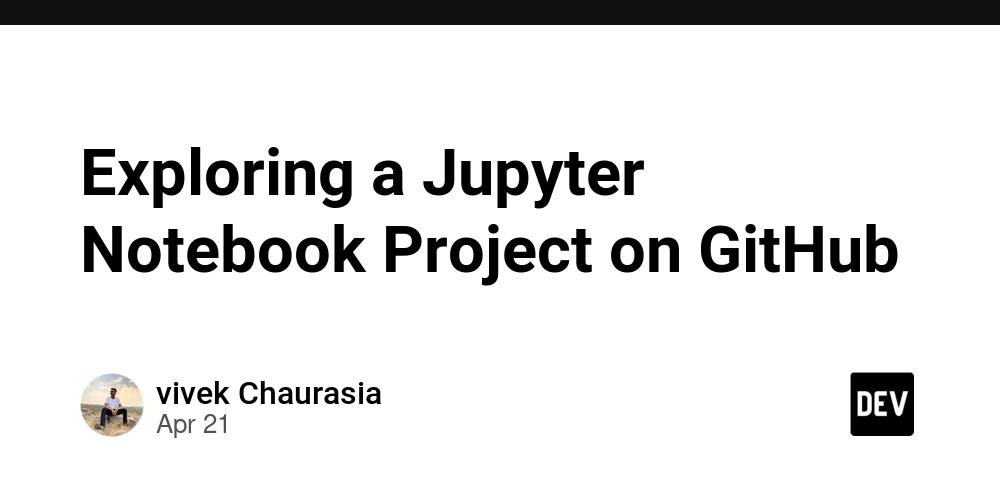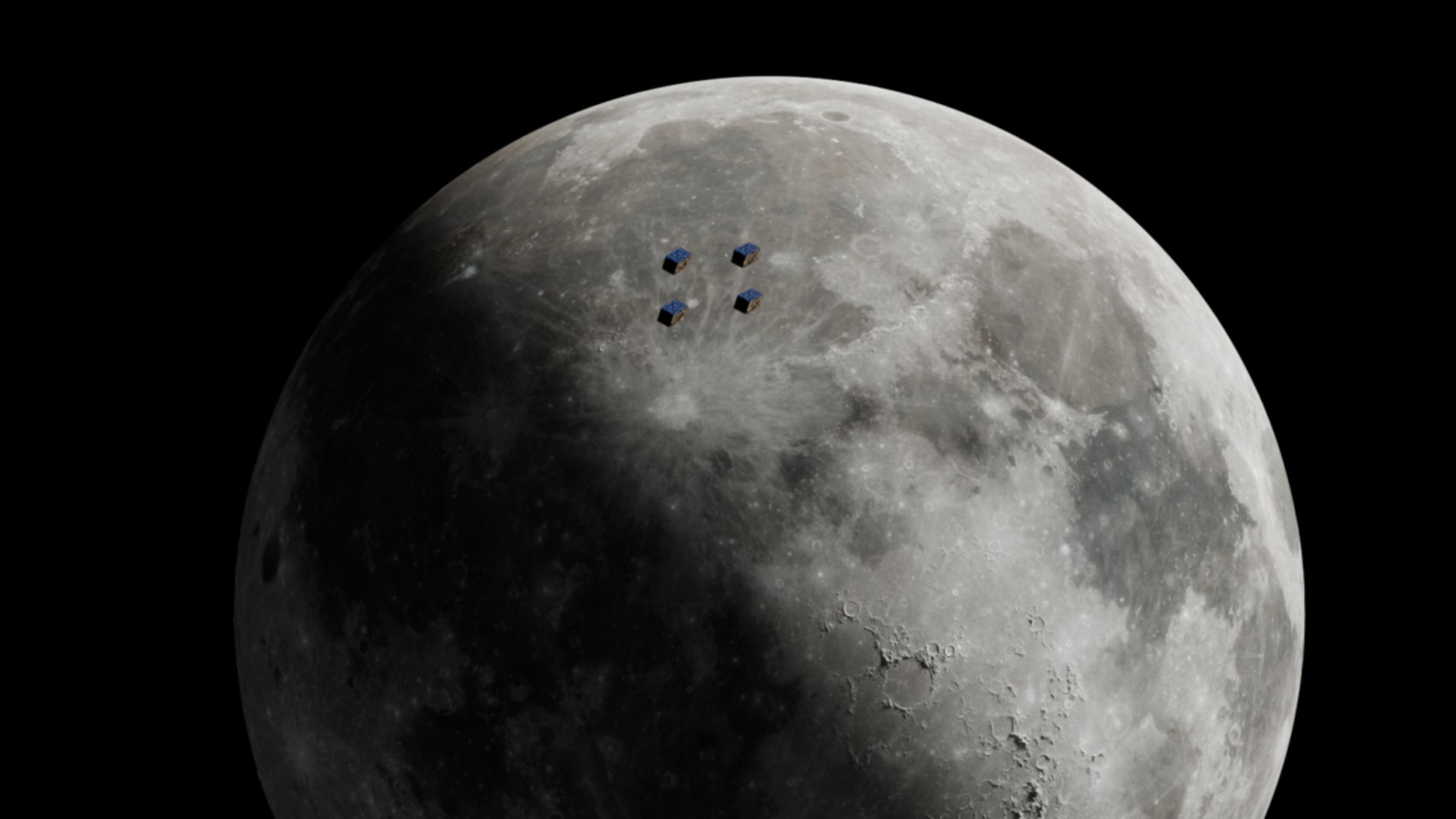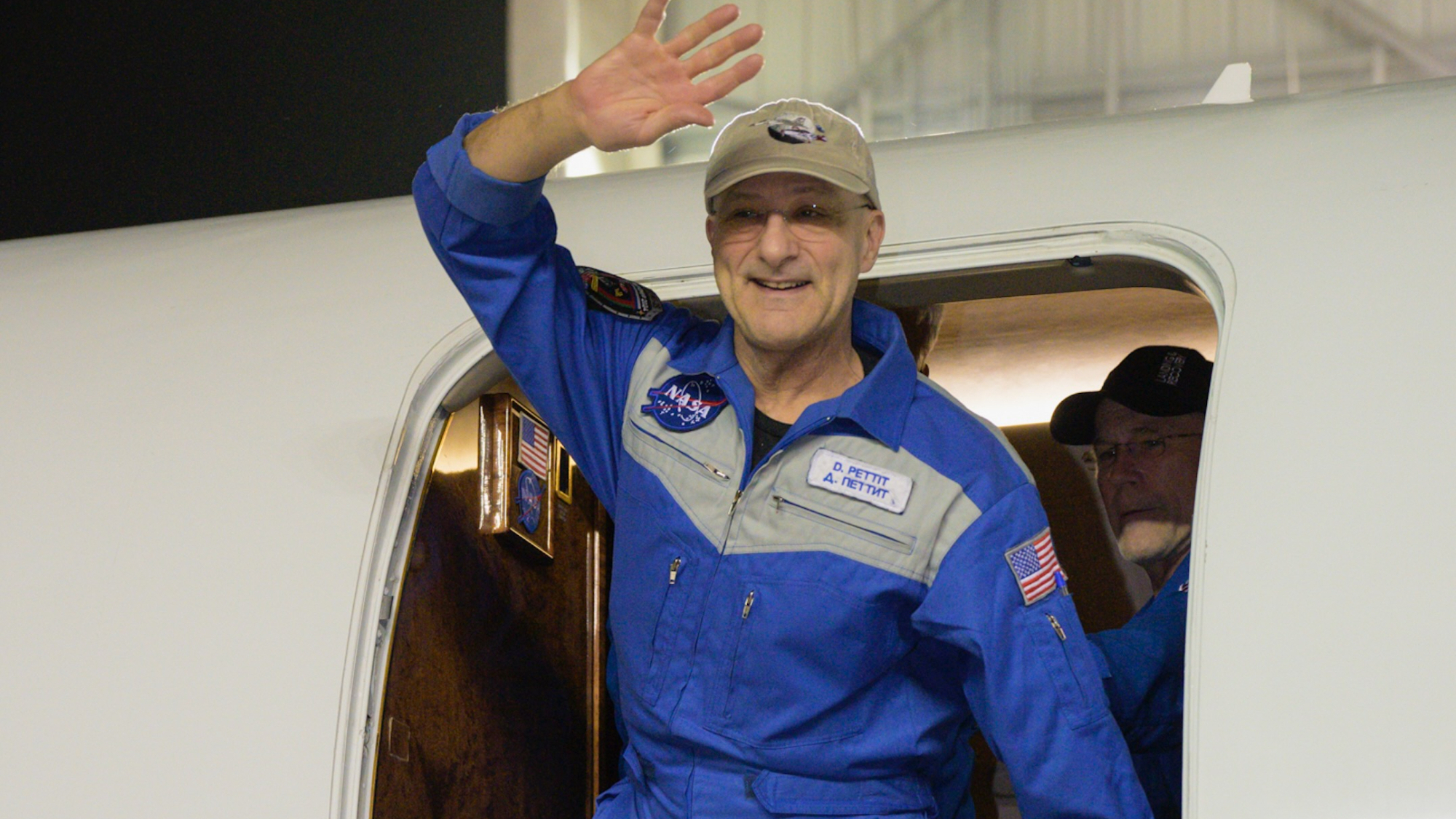Open Source Advocate Argues DeepSeek is 'a Movement... It's Linux All Over Again'
Matt Asay answered questions from Slashdot readers in 2010 (as the then-COO of Canonical). He currently runs developer relations at MongoDB (after holding similar positions at AWS and Adobe). This week he contributed an opinion to piece to InfoWorld arguing that DeepSeek "may have originated in China, but it stopped being Chinese the minute it was released on Hugging Face with an accompanying paper detailing its development." Soon after, a range of developers, including the Beijing Academy of Artificial Intelligence (BAAI), scrambled to replicate DeepSeek's success but this time as open source software. BAAI, for its part, launched OpenSeek, an ambitious effort to take DeepSeek's open-weight models and create a project that surpasses DeepSeek while uniting "the global open source communities to drive collaborative innovation in algorithms, data, and systems." If that sounds cool to you, it didn't to the U.S. government, which promptly put BAAI on its "baddie" list. Someone needs to remind U.S. (and global) policymakers that no single country, company, or government can contain community-driven open source... DeepSeek didn't just have a moment. It's now very much a movement, one that will frustrate all efforts to contain it. DeepSeek, and the open source AI ecosystem surrounding it, has rapidly evolved from a brief snapshot of technological brilliance into something much bigger — and much harder to stop. Tens of thousands of developers, from seasoned researchers to passionate hobbyists, are now working on enhancing, tuning, and extending these open source models in ways no centralized entity could manage alone. For example, it's perhaps not surprising that Hugging Face is actively attempting to reverse engineer and publicly disseminate DeepSeek's R1 model. Hugging Face, while important, is just one company, just one platform. But Hugging Face has attracted hundreds of thousands of developers who actively contribute to, adapt, and build on open source models, driving AI innovation at a speed and scale unmatched even by the most agile corporate labs. Hugging Face by itself could be stopped. But the communities it enables and accelerates cannot. Through the influence of Hugging Face and many others, variants of DeepSeek models are already finding their way into a wide range of applications. Companies like Perplexity are embedding these powerful open source models into consumer-facing services, proving their real-world utility. This democratization of technology ensures that cutting-edge AI capabilities are no longer locked behind the walls of large corporations or elite government labs but are instead openly accessible, adaptable, and improvable by a global community. "It's Linux all over again..." Asay writes at one point. "What started as the passion project of a lone developer quickly blossomed into an essential, foundational technology embraced by enterprises worldwide," winning out "precisely because it captivated developers who embraced its promise and contributed toward its potential." We are witnessing a similar phenomenon with DeepSeek and the broader open source AI ecosystem, but this time it's happening much, much faster... Organizations that cling to proprietary approaches (looking at you, OpenAI!) or attempt to exert control through restrictive policies (you again, OpenAI!) are not just swimming upstream — they're attempting to dam an ocean. (Yes, OpenAI has now started to talk up open source, but it's a long way from releasing a DeepSeek/OpenSeek equivalent on GitHub.) Read more of this story at Slashdot.

Read more of this story at Slashdot.







































































